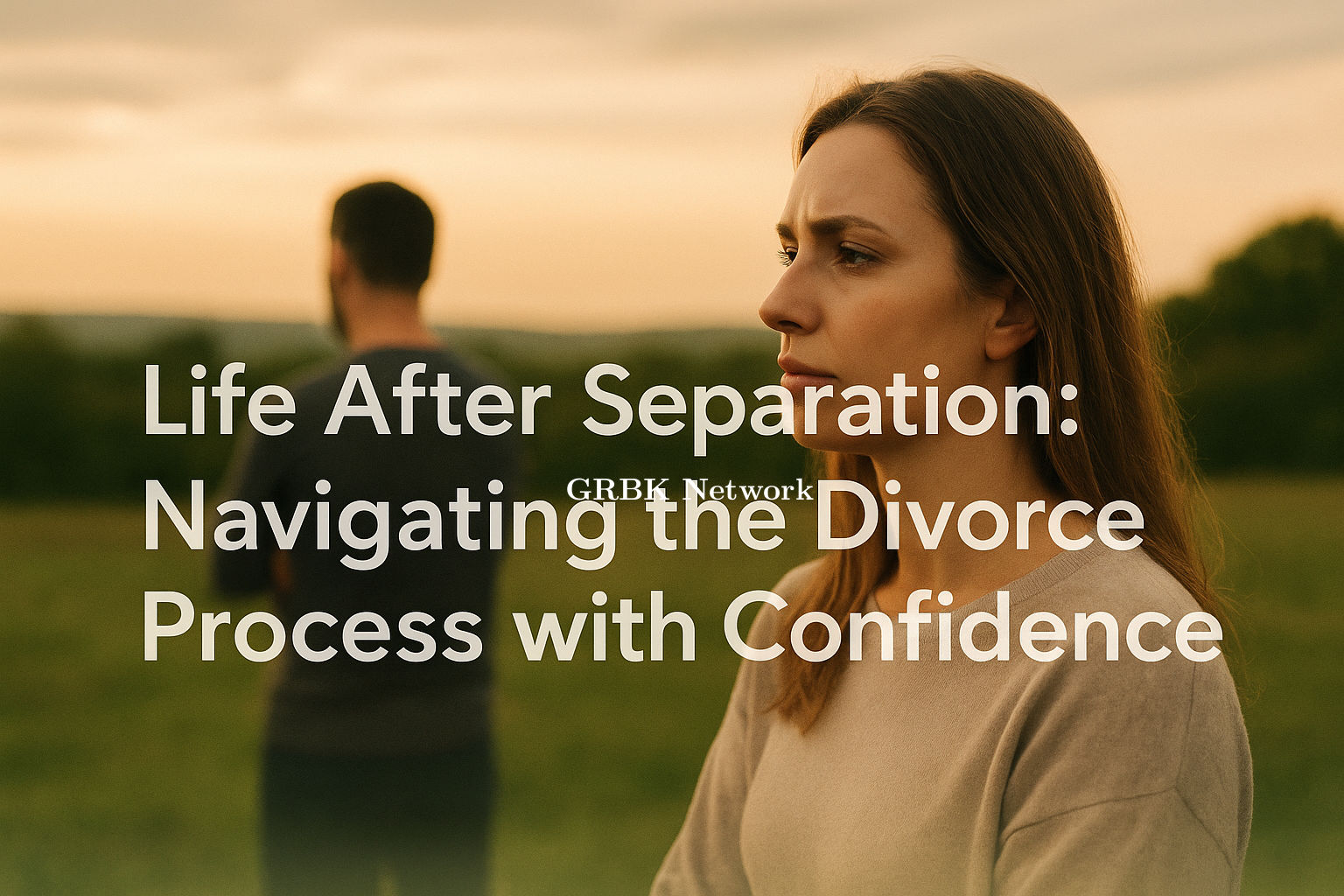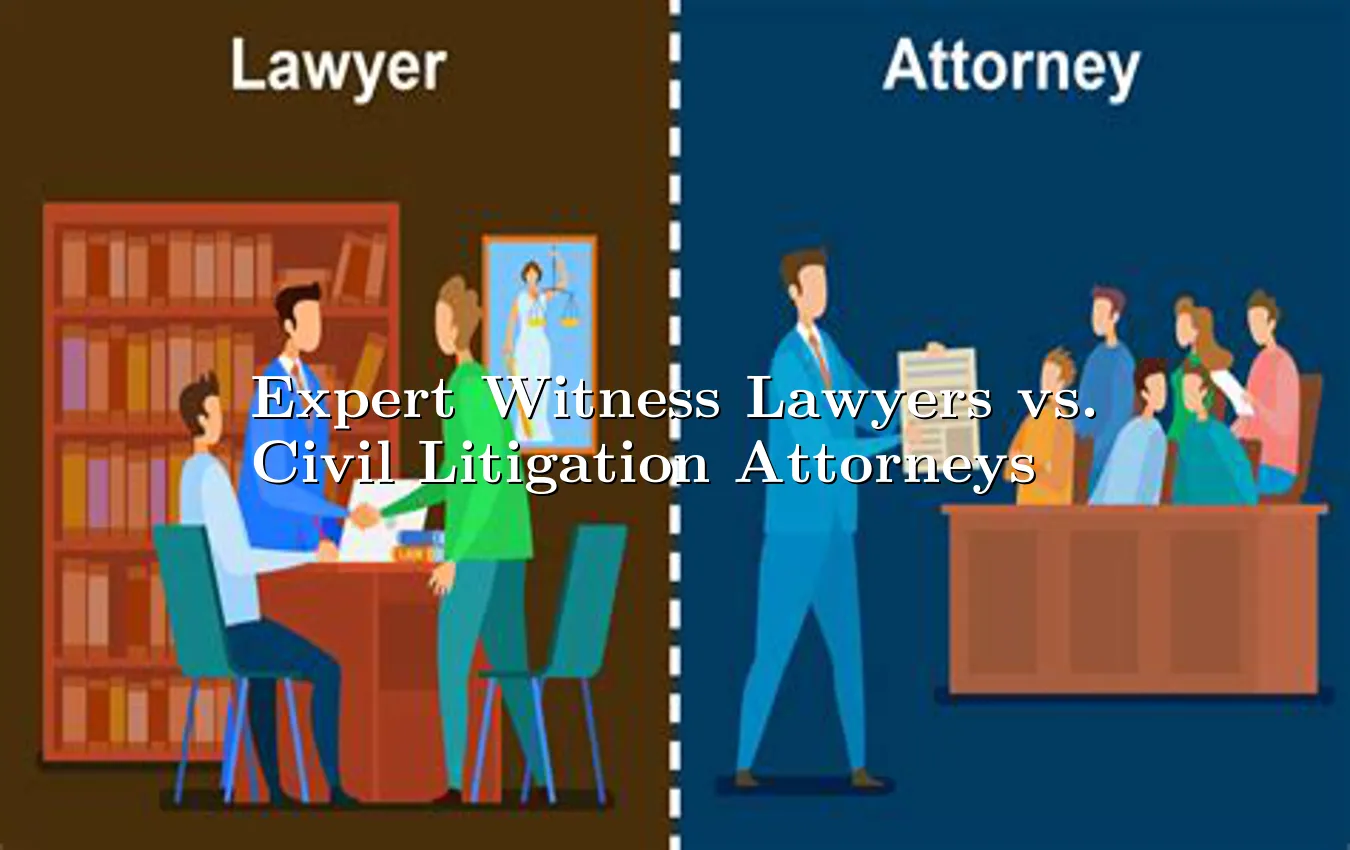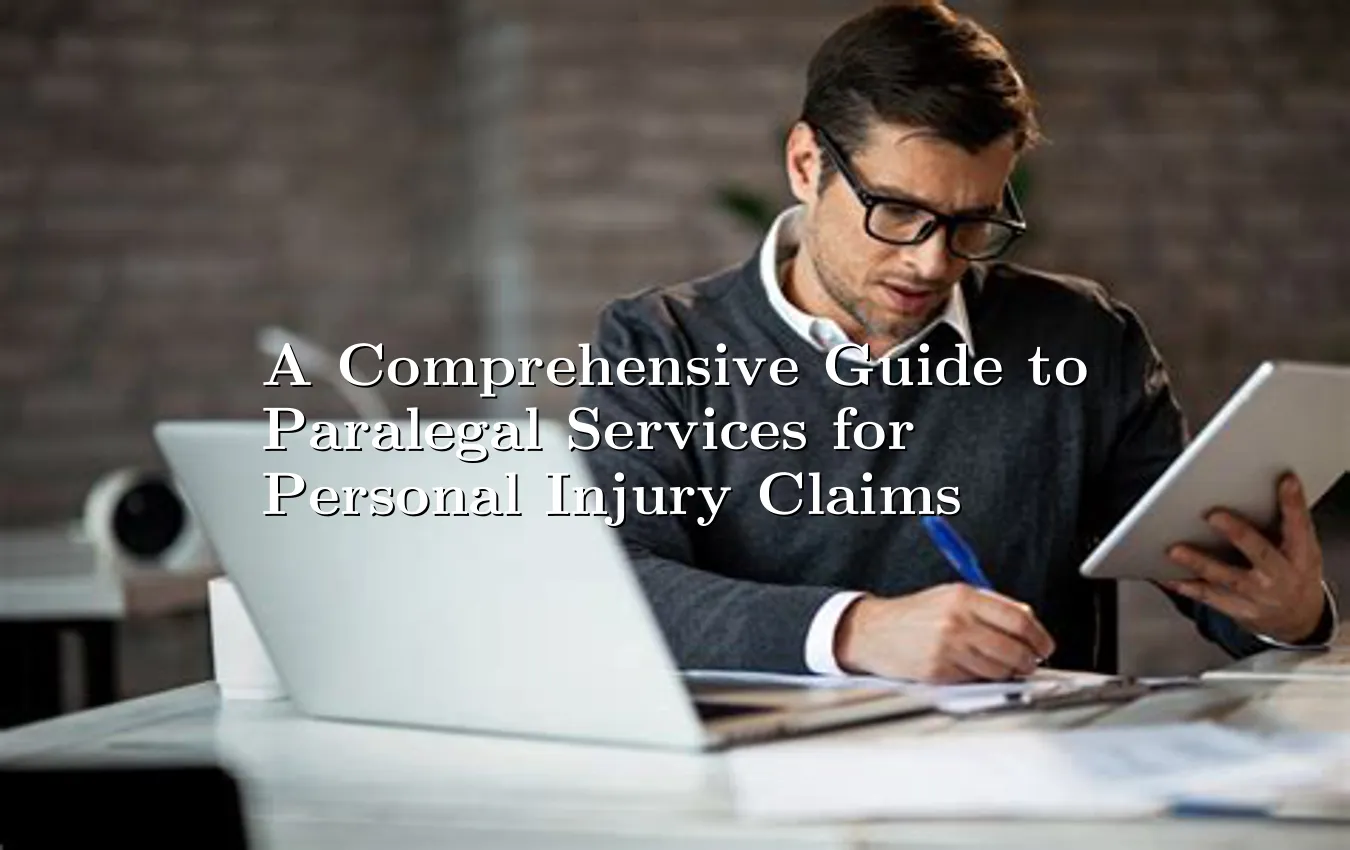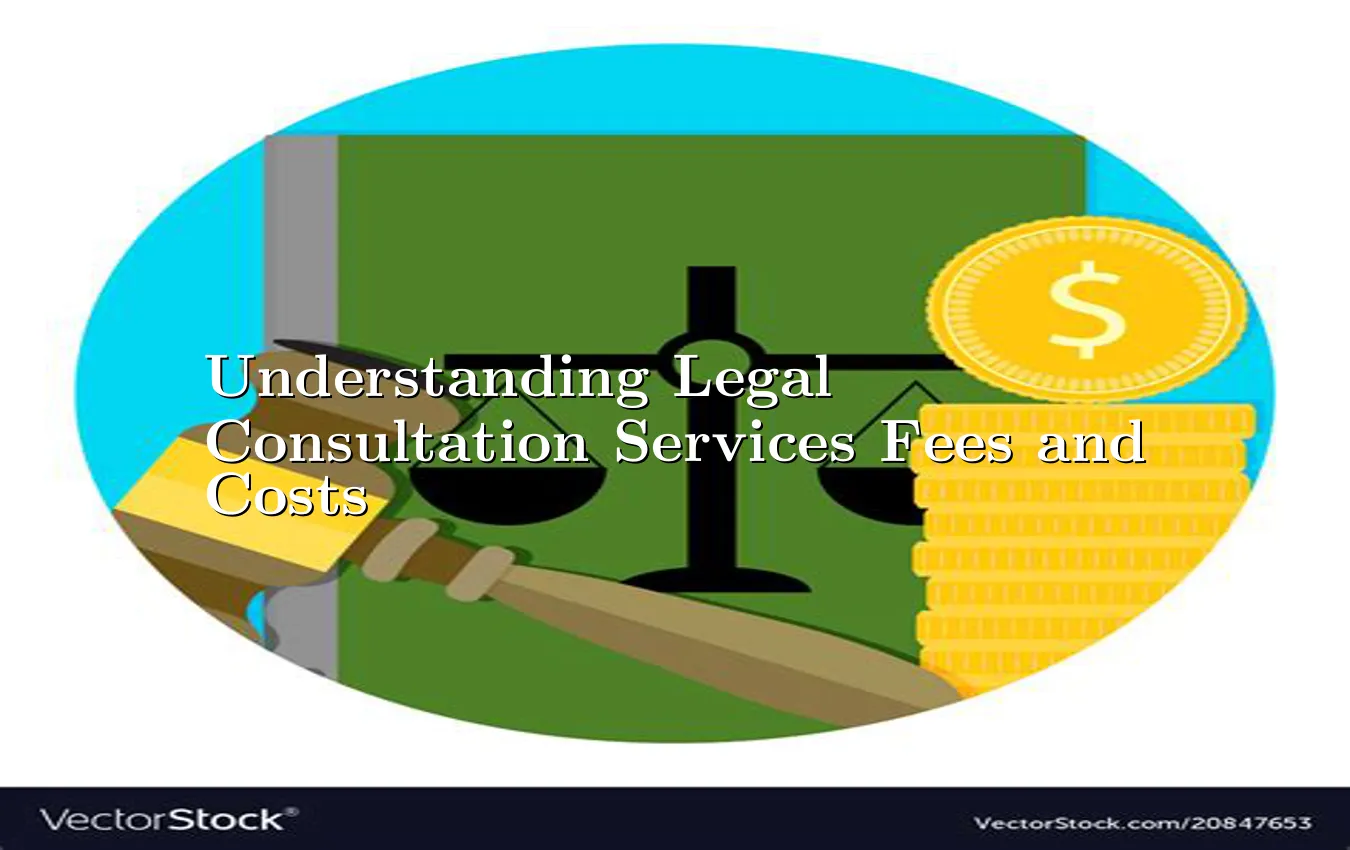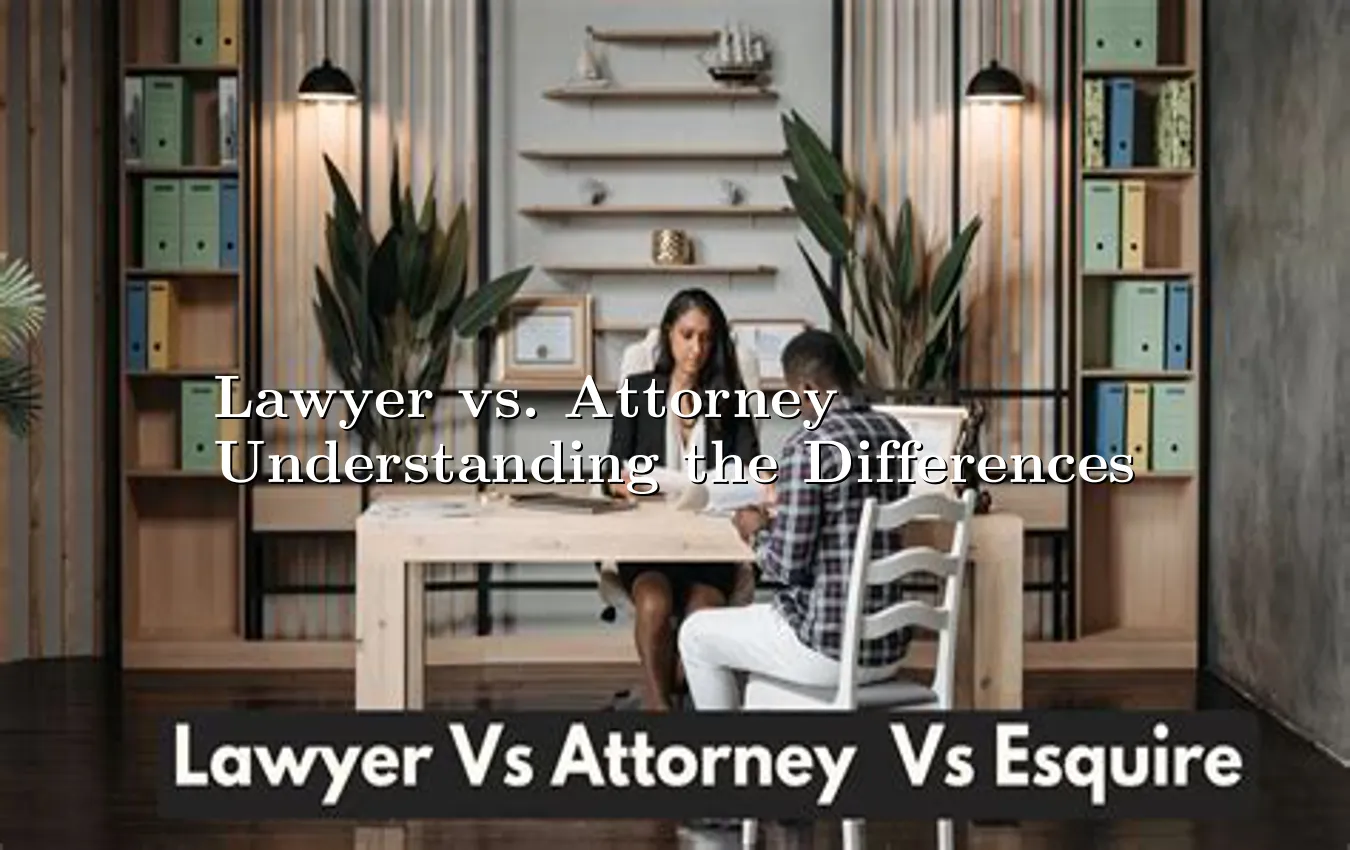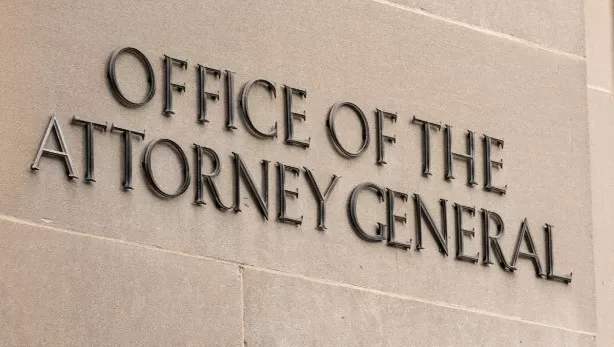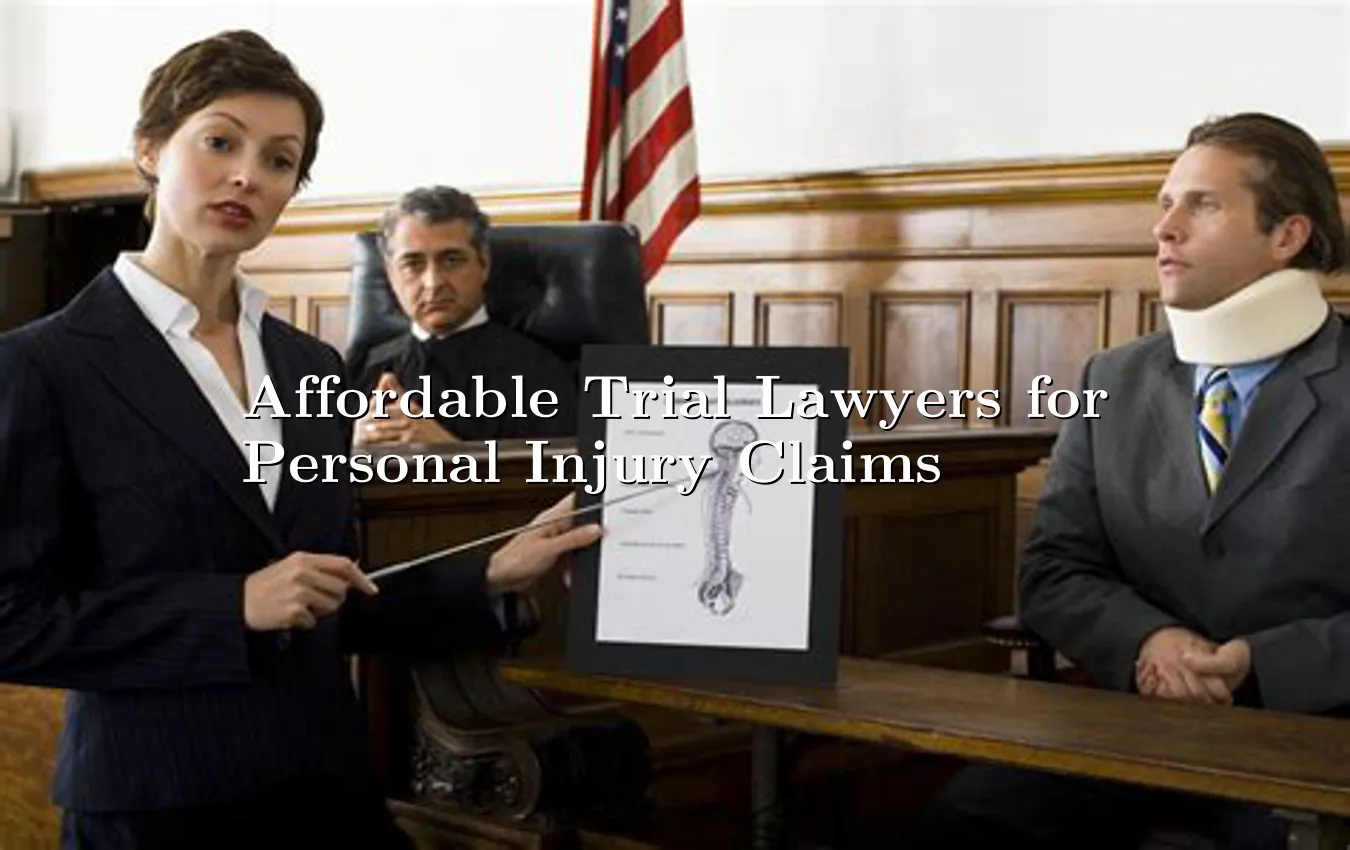
Description : Navigating the complexities of estate planning in 2025? This guide details how to find a qualified estate planning attorney, considering factors like experience, fees, and specialization.
Finding the right estate planning attorney in 2025 is crucial for ensuring your wishes are carried out smoothly and efficiently. Estate planning involves complex legal documents and strategies, and making the wrong choices can lead to significant problems for your family. This guide will equip you with the knowledge to find a qualified and reliable estate planning attorney who understands your unique needs.
Estate planning is no longer a luxury reserved for the wealthy. It is a vital process for everyone, regardless of their financial standing. Proper estate planning ensures your assets are distributed according to your desires, minimizes potential conflicts, and simplifies the process for your loved ones. A qualified attorney can help you navigate the complexities of estate law and create a plan that meets your specific needs.
How to find an estate planning attorney in 2025, a process that requires careful consideration. This article will walk you through the essential steps, from initial research to final selection. Understanding the factors that differentiate a good estate attorney from an average one will be key to making the right choice.
Read More:
Understanding Your Needs and Goals
Before embarking on your search, take time to understand your specific estate planning needs. What are your goals? Do you need a will, a trust, or both? Are there specific assets you want to distribute in a particular way? Consider these questions carefully, and the answers will guide your search for the right attorney.
Defining Your Needs
Asset Management: Do you have significant assets that require specialized attention?
Family Circumstances: Are there any specific family dynamics or concerns that need to be addressed in your plan?
Tax Implications: Are you concerned about estate taxes or other tax implications?
Specific Requirements: Do you have any unique requirements, such as specific beneficiaries or charitable contributions?
Answering these questions will help you narrow down your search and find an attorney who understands your unique situation.
Researching Potential Attorneys
Once you have a clearer understanding of your needs, you can begin researching potential estate planning attorneys. Utilize online resources, referrals, and professional organizations to find qualified candidates.
Online Resources
Online directories: Many legal directories list attorneys specializing in estate planning. These directories often include attorney profiles, experience details, and client reviews.
Bar Association Websites: State bar associations often have online directories that allow you to search for attorneys based on location, specialization, and experience.
Attorney Review Sites: Websites dedicated to attorney reviews can provide valuable insights into an attorney's reputation and client satisfaction.
Referrals and Professional Organizations
Recommendations: Ask trusted friends, family members, or colleagues for recommendations. Personal referrals can be invaluable in finding a reputable attorney.
Interested:
Professional organizations: Associations like the American Bar Association or state-specific bar associations can provide resources for finding qualified estate planning attorneys.
Evaluating Attorney Qualifications
After compiling a list of potential attorneys, it's crucial to evaluate their qualifications. Look for experience, specialization, and a clear understanding of your needs.
Experience and Specialization
Years in Practice: Consider the attorney's years of experience in estate planning. Significant experience often translates to a deeper understanding of complex legal issues.
Specialization: Some attorneys specialize in specific areas of estate planning, such as trusts, wills, or probate. Choose an attorney whose specialization aligns with your needs.
Relevant Case Studies: If possible, inquire about the attorney's experience with similar cases. This provides insight into their ability to handle your specific situation.
Fees and Communication Style
Fee Structure: Understand the attorney's fee structure, including hourly rates, flat fees, or contingency fees. Compare different pricing models to find one that fits your budget.
Communication Style: Schedule a consultation to assess the attorney's communication style. A good attorney will clearly explain complex legal concepts in a way that you understand. Make sure you feel comfortable discussing your needs and concerns with them.
Making Your Decision
After thorough research and evaluation, you are now ready to make your decision. Consider the factors discussed above to choose an attorney who best suits your needs, budget, and comfort level.
Final Considerations
Trust and Rapport: Choose an attorney you trust and feel comfortable communicating with. This is crucial for a successful estate planning process.
Legal Expertise: Ensure the attorney possesses the necessary legal expertise to handle your unique situation and provide sound advice.
Accessibility and Responsiveness: Consider the attorney's accessibility and responsiveness to your needs and questions.
Finding the right estate planning attorney in 2025 is a critical step in securing your future and protecting your loved ones. By carefully considering your needs, researching potential attorneys, evaluating their qualifications, and making an informed decision, you can choose a legal professional who will effectively guide you through the estate planning process.
Remember, this is a significant decision. Take your time, do your research, and choose an attorney who you feel confident will represent your interests and ensure your wishes are carried out as you intended.
Don't Miss:



